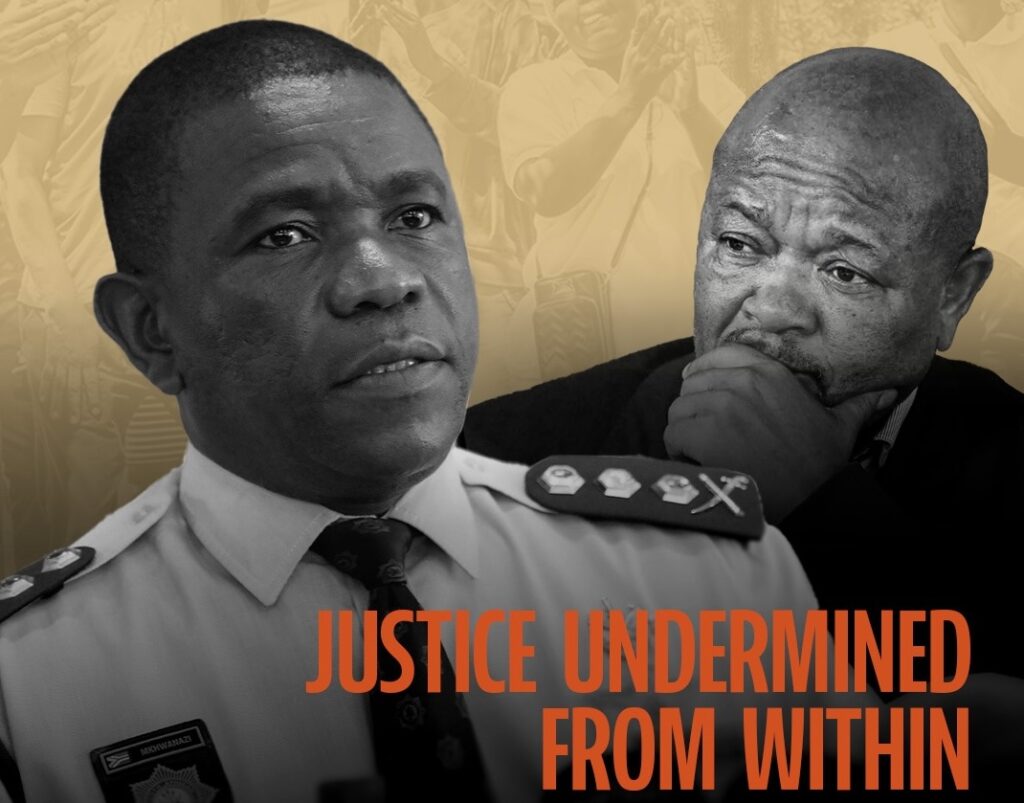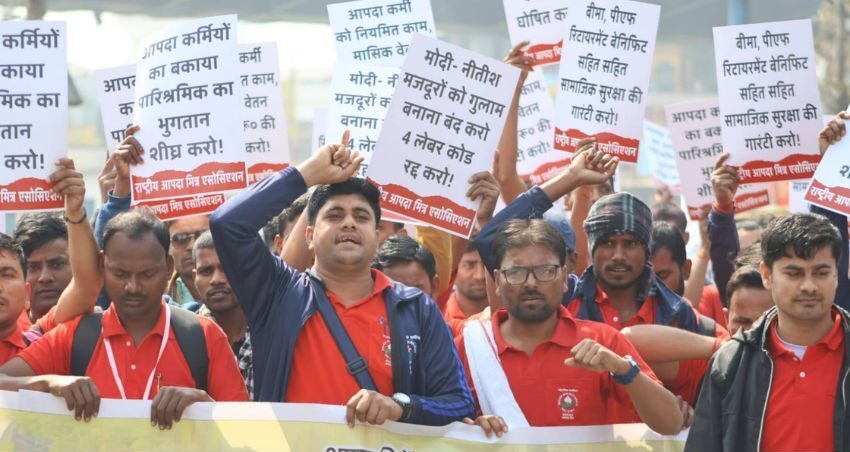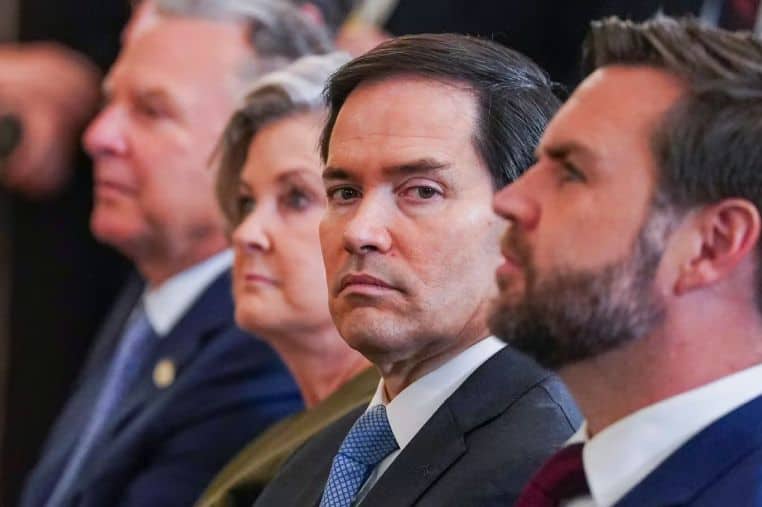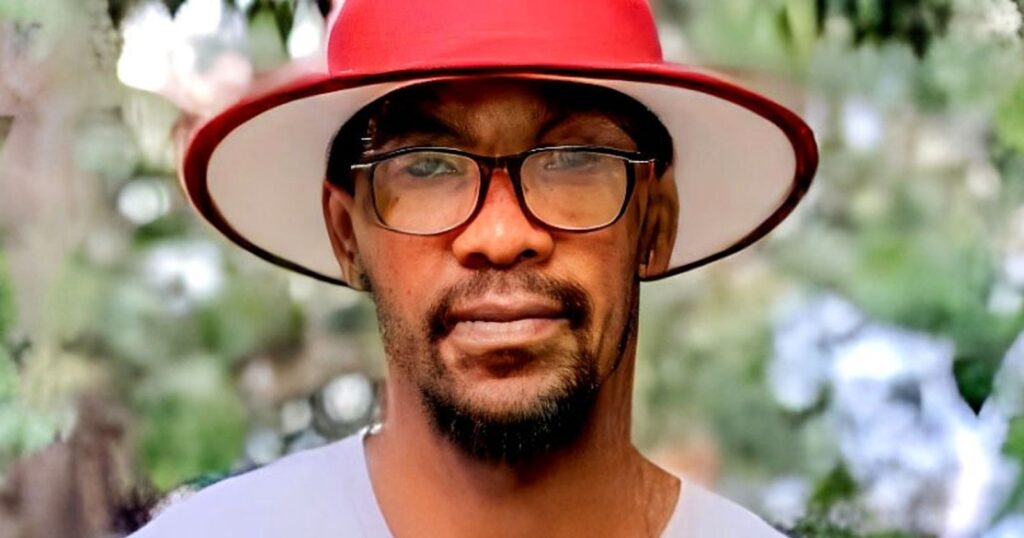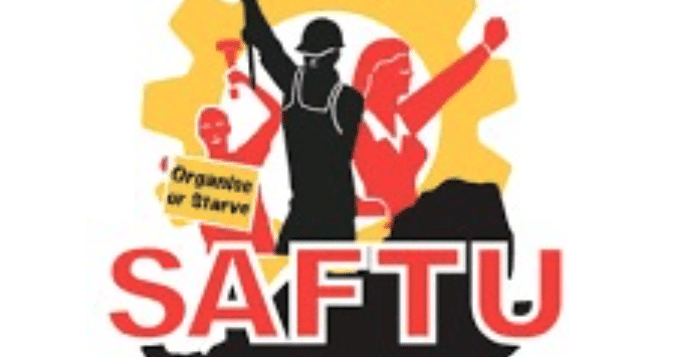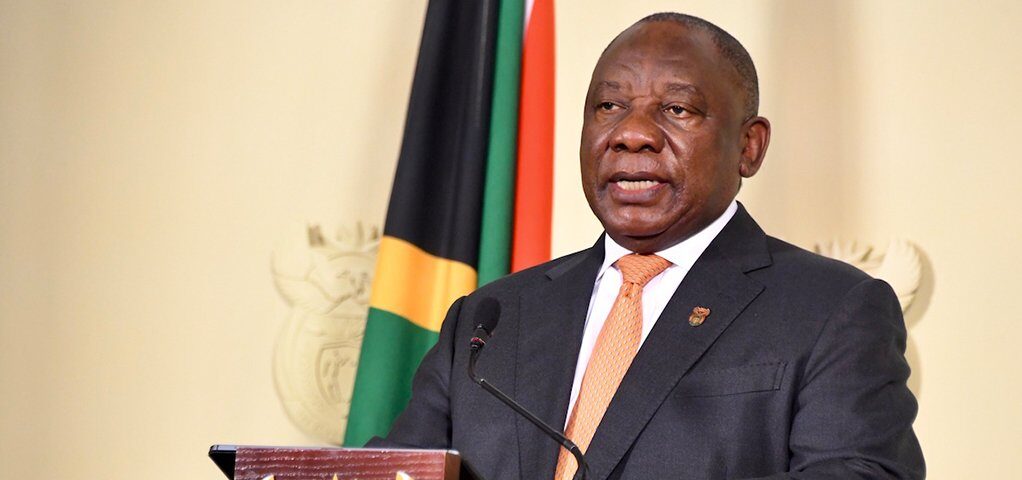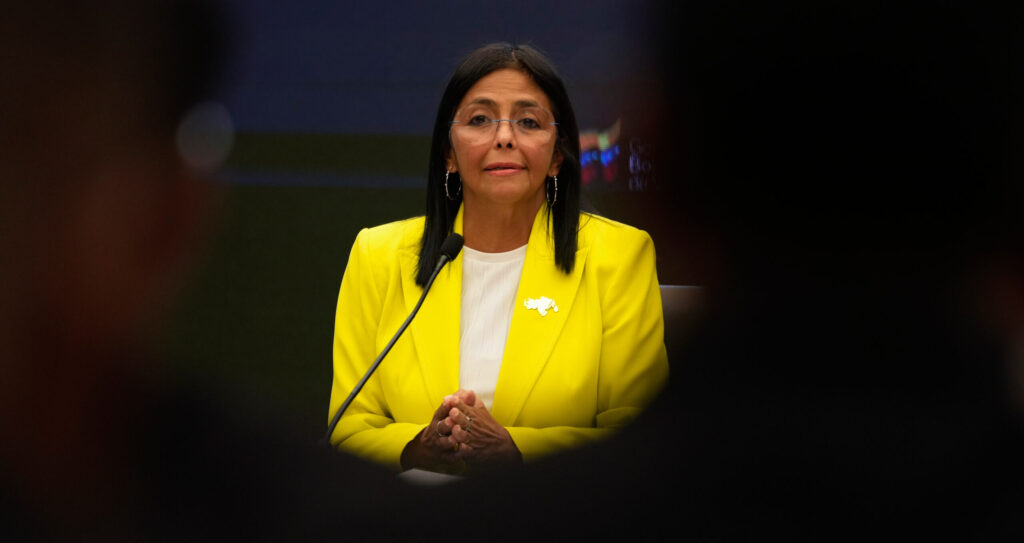Zabalaza for Socialism (ZASO) notes the serious allegations of corruption, manipulation and criminal syndicate involvement within the South African Police Service (SAPS), as raised by KwaZulu-Natal Provincial Commissioner Lieutenant General Nhlanhla Mkhwanazi. These revelations confirm what working-class communities across the country already know from lived experience: key institutions of the state, including the police, have been captured by networks of criminal syndicates and the predatory elites. The consequences have been devastating for poor communities, who suffer the most from the state’s failure to deliver basic services.
President Ramaphosa has responded by placing Police Minister Senzo Mchunu on leave, appointing an acting minister (Firoz Cachalia) with a legal and anti-corruption profile, and establishing a commission of inquiry under Acting Deputy Chief Justice Mbuyiseli Madlanga. While these steps may appear measured and legally sound, we are not persuaded by this continual reliance on commissions of inquiry. We have been here before. The Zondo Commission, which cost taxpayers R1.5 billion, exposed extensive corruption and named individuals at the centre of large scale theft of the state. Yet, the prosecution of the implicated looters has been slow and minimal. In fact, many of the politicians, officials and corporations exposed by the Zondo Commission continue to operate with impunity. Understandably, there is widespread cynicism about the objectives of such commissions.
ZASO remains profoundly sceptical of commissions of inquiry as mechanisms for justice under the ANC-led state. Instead of being processes of uncovering the truth about corruption that leads to prosecutions and rooting out crime syndicates from the state, these commissions have functioned as tools to manage public outrage, deflect accountability and ultimately protect elite interests — including those of ANC-connected capitalists and their corporate partners. They sanitise the legacy of the ANC while burying the truth.
Despite the enormous resources allocated to these commissions, they tend to have limited mandates. If Justice Madlanga’s commission only focuses on the specific claims made by Mkhwanazi, rather than also investigating the deeper, systemic problems in the police service, it will have failed. The police and security services have long been sites of intense factional struggle, patronage and corruption, deeply entangled with political syndicates, private security networks and illicit accumulation strategies. These rivalries are often driven not by a concern for public safety or justice, but by competition for control over lucrative criminal and state-linked opportunities.
What is unfolding is not merely a question of bad apples or poor governance. It is a reflection of the deeper rot of the capitalist state, in which public institutions have become battlegrounds between different fractions of the ruling class — especially those dependent on state contracts and those entrenched in corporate monopoly capital. The state is being looted not just by wayward individuals, but as part of a broader system of accumulation and survival for elites in crisis.
As socialists, we insist that any meaningful fight against corruption must address both its symptoms and its systemic drivers. Corruption is not simply a moral failing; it is an embedded feature of a capitalist system that rewards profiteering, secrecy and elite collusion. It is also enabled by the crisis of redistribution — the failure to socialise wealth and democratise economic power — which has left millions unemployed and impoverished, while a minority enrich themselves through looting both the state and the people.
We demand:
- Transparency in the conduct of the current inquiry, and public access to its findings without redaction or delay.
- Immediate prosecutions of all those implicated in police corruption — whether politicians, businesspeople, or officials — with no special treatment for ANC loyalists or corporate criminals.
- Democratic oversight of the police by communities, trade unions, and popular organisations, to break the culture of impunity and state violence.
- A reconstruction of the public service on the basis of democratic accountability, worker control, and class solidarity — not technocratic fixes or elite commissions.
In closing, we remind our comrades and the broader public: corruption will not be defeated by commissions or cosmetic reshuffles. It will be defeated only through mass mobilisation, working-class power, and the building of a socialist alternative rooted in justice, equality, and democratic control over society’s resources.

